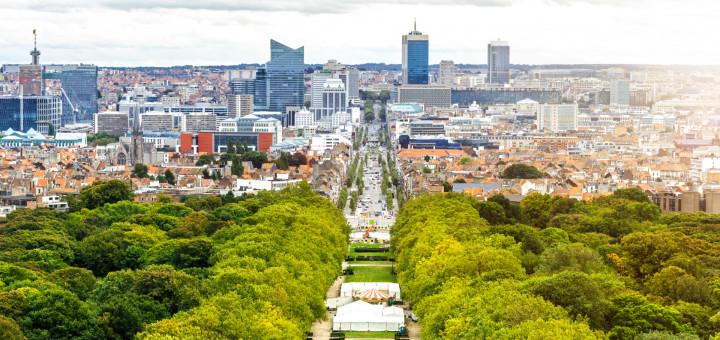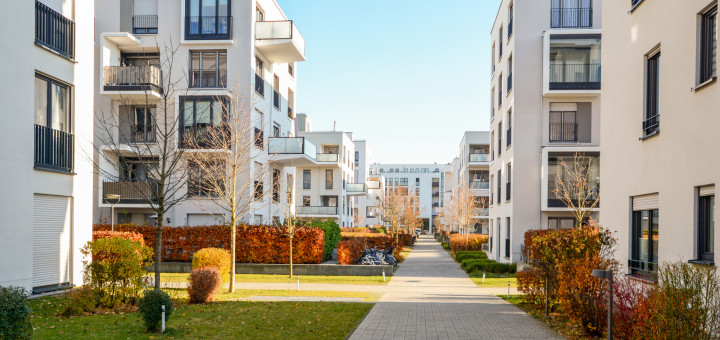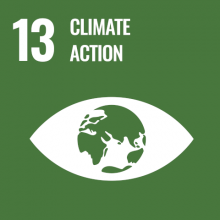
Urban planning
The way we plan our cities has great impact on the sustainable urban development. Urban planning as both technical and political process focuses on the development and design of land-use and the built environment, including air, water, and the infrastructure. It is a decision-making process aiming at realizing economic, social, cultural and environmental goals through the development of spatial visions, strategies and plans and the application of a set of policy principles, tools, institutional and participatory mechanisms and regulatory procedures.
Promoting integrated sustainable urban development, ensuring that various sectors of policies are coordinated with different actors broadly involved in policy-making, is important. One of the strongest practices for implementing this vision is the Integrated Management System (IMS). It was firstly developed for Urban Sustainability Management but adjusted later on for Climate Change and for Spatial Planning (with quality of life approach). The IMS is a management cycle that helps take us through common planning and development processes in a more structured way. The various steps of the model enable common development visions and goals to be formulated together with different stakeholders.
In this highly interdisciplinary field, cooperation between planners, experts, politicians and private actors is required. It is also vital to involve citizens in the planning process to give power to the stakeholders, hear their opinion and enable them to influence and co-create the city. UBC Sustainable Cities Commission supports its member cities to move towards more transparent, inclusive and sustainable urban planning practices that help cities to meet their sustainability goals, promote the quality of life for their inhabitants and involve them into the co-creation process for the mutual benefit.















